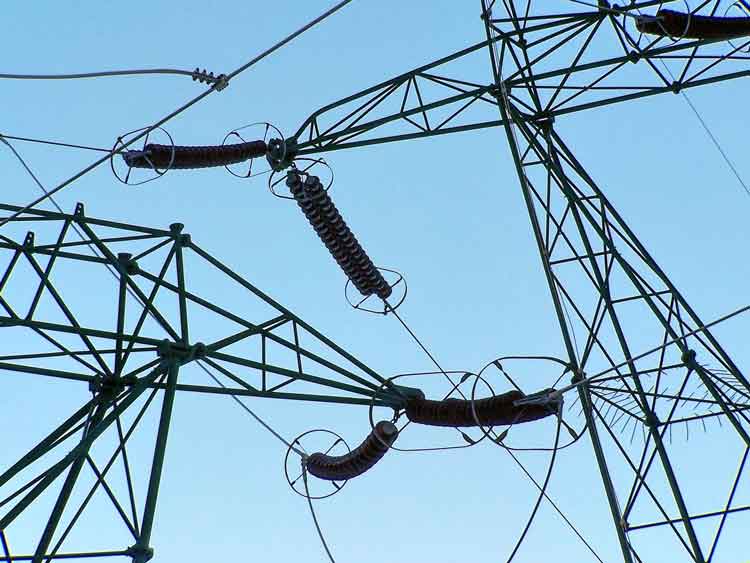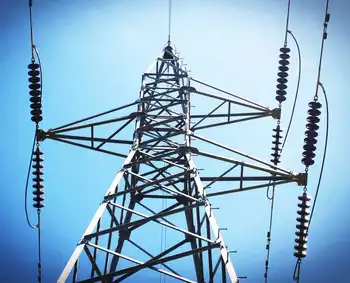Ontario considers higher daytime rates
By Toronto Star
Protective Relay Training - Basic
Our customized live online or in‑person group training can be delivered to your staff at your location.

- Live Online
- 12 hours Instructor-led
- Group Training Available
“I’m not going to get into that because I’m not the expert,” McGuinty said Wednesday, under pressure from opposition parties asking if his vow to shrink off-peak rates would push other rates up.
But he did repeat earlier warnings that, in general, electricity prices are “going up” as the government spends $12 billion on new generation and transmission to modernize the hydro system and phase out coal-fired power plants.
“We’ve got to contend with reality,” McGuinty told the Legislature.
That means any relief on night rates — intended as an incentive to conserve power during the daytime — won’t put much of a dent in anyone’s hydro bill, charged New Democrat Leader Andrea Horwath.
“Consumers need to be worried.”
The off-peak price in effect from 9 p.m. to 7 a.m. is 5.3 cents per kilowatt hour. ThatÂ’s just under half the 9.9 cents charged from 11 a.m. to 5 p.m. during peak daytime usage for about 800,000 Ontario electricity customers on time-of-use pricing with smart meters measuring their hydro use.
McGuinty, whose government has been under pressure over rising electricity bills, said earlier this week the off-peak price must be lower to encourage more people to shift their hydro use to off-peak hours. The idea is to reduce daytime power generation, which is more expensive.
But with many consumers complaining their hydro bills are higher under time-of-use pricing, smart meter charges and the new 13 per cent HST, it appears the smart meters are “nothing but Dalton McGuinty’s latest tax machine,” said Progressive Conservative Leader Tim Hudak.
He called on the government to scrap the program or give consumers the chance to opt out of smart meters, which have now been installed in 4.1 million homes.
The off-peak rate of 5.3 cents per kWh is just slightly below what consumers used to pay for electricity at all times, meaning the peak rate is nearly double the old price. The new time of use rates are intended to better reflect the actual costs of producing power at different times of day.
McGuinty said the government hasn’t done a “good enough job” of explaining to people they can they can save money by shifting laundry or running the dishwasher and other appliances after 9 p.m.
“We’ve got to make sure that people understand the opportunity is there.”
Energy Minister Brad Duguid later cautioned that smart meters can help consumers keep electricity costs down only so much given the pressure $12 billion spent on new power generation and transmission is putting on rates.
“You’re not going to see huge savings but you’re going to see savings nonetheless if you shift.”
A Toronto Hydro survey of the first 10,000 customers on time-of-use power found 68 per cent had higher bills in June and July, with 32 per cent seeing lower bills.
That suggests most consumers have difficulty timing their electricity use to their own advantage — particularly families, shift workers, seniors and others at home during the day at peak demand times, said Horwath.
“Peoples’ behaviours can change a little bit but certainly not to the extent that would create the kind of conservation other programs could have.”











